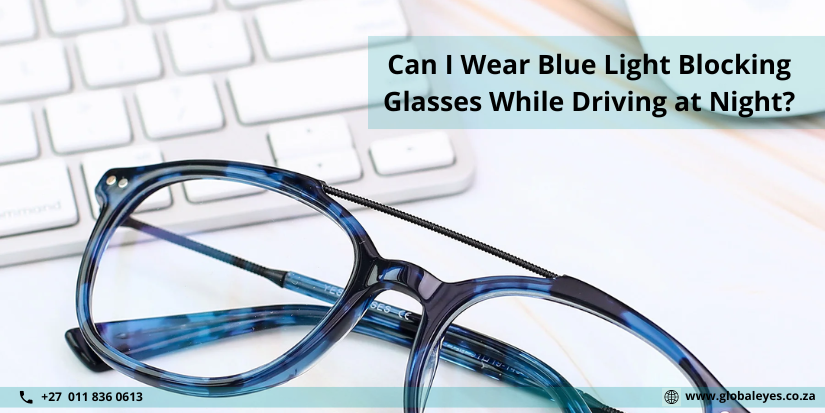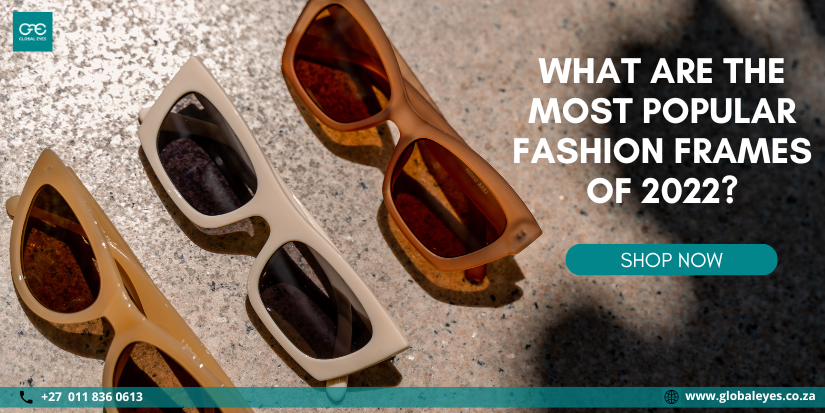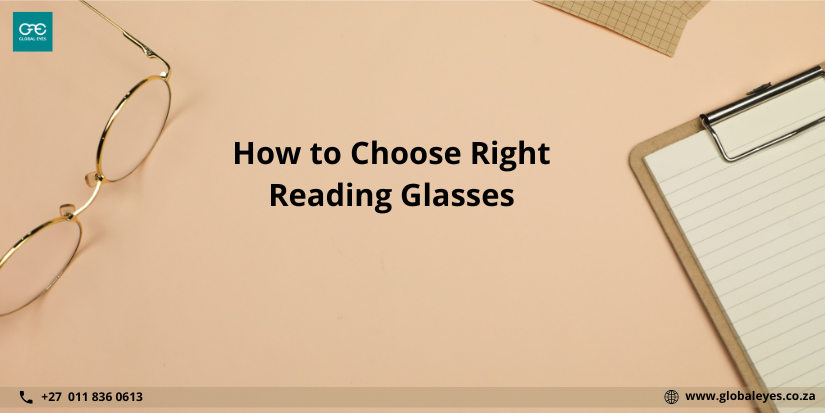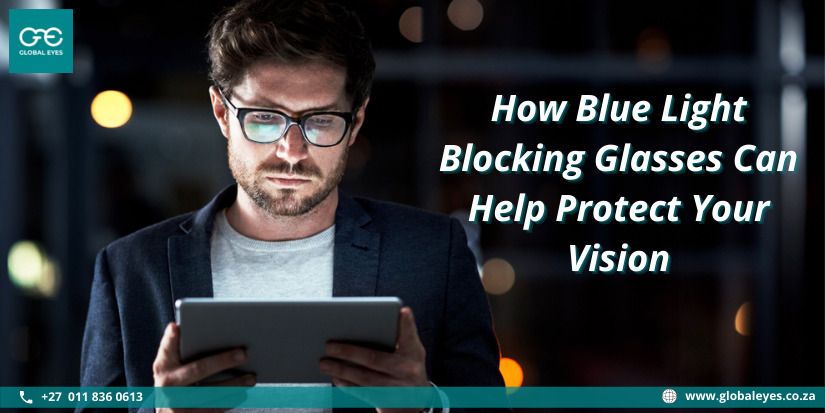Blue light is high-wavelength light emitted by digital screens, the sun, and artificial lights. This light may give you adverse effects like digital eye strain, headache, disrupted circadian rhythm, macular degeneration, and other vision-related issues.
Nowadays, we are more exposed to blue light than ever before. Everything around us, from mobile and computer screens to streetlights and vehicle headlights, have LED lights in them, which emit high levels of blue light. If you are fond of night driving, you know how difficult it sometimes becomes to see at night while driving. The extreme light and glare from oncoming vehicles and street lights make it challenging to see clearly at night.
Having poor vision while driving could be fatal and increases the chances of accidents. Usually, blue light-blocking glasses help us reduce the blue light getting into our eyes, keeping them safe and sound. But do they also work while driving? Are there any special blue light-blocking glasses for night driving? To get the answer, keep reading the article.
Do blue light-blocking glasses work while driving at night?
Blue light-blocking glasses help reduce blue light at night. Sometimes they also come with an anti-reflective (AR) coating, which reduces glare from oncoming headlights and streetlights, helping us see better at night.
Blue light-blocking eyeglasses cause our eyes to shrink, allowing them to see things better in low-light conditions. This is helpful if you have poor vision or need reading glasses while driving at night or in bad weather conditions. However, if you have impaired reaction time due to age or other reasons, wearing blue light-blocking glasses while driving may not help.
In this case, wearing yellow-tinted night-driving eyewear would be helpful. In the following section, we have thoroughly discussed yellow-tinted blue light glasses for night driving.
Yellow-tinted blue light-blocking glasses for night driving.
Yellow tint night driving glasses are non-prescription eyewear with amber or orange-red tinted lenses. These glasses are specially made to help reduce the significant glare from street lights and headlights, offering you a seamless view while driving. Moreover, they offer UV protection while allowing pupils to contract, enabling you to see better at night and on foggy days.
However, this also reduces the total light coming to our eyes and can be dangerous as it makes it difficult to see. For example, a 2019 study showed that people wearing yellow-tinted blue light-blocking glasses for night driving took longer to detect pedestrians wearing orange shirts.
Another concern with this eyewear is that they reduce the blue light at night. This indicates your brain releases the sleep hormone melatonin. When melatonin is released, it increases sleepiness in drivers. This raises a major safety concern, causing the driver not to be fully awake and alert. In addition, they may be unable to retain sufficient reaction times needed while driving, causing drivers to fall asleep on the wheels.
Therefore, blue light-blocking glasses for night driving may be an ideal option. However, it depends on your preference. For example, sleeping might not bother you if you take a short driving route and/or consume heavy caffeine.
Tips for improving vision while driving at night
Wearing blue light-blocking glasses is an ideal option at night while driving. However, here are some tips that help you improve your vision when you’re behind the wheel on dark roads.
- If you wear prescription glasses, go for regular eye checkups to keep your eyewear up-to-date.
- Get anti-glare or anti-reflective coating on your spectacles, or buy anti-glare blue light glasses.
- Keep your windshield clean. Streaks and dirt can increase the glare on your windshield.
- If your windshield has cracks, get it repaired as soon as possible.
- Make sure windshield wipers are working correctly to avoid problems when it rains.
- Make sure the window cleaning solution tank is full before you set out.
- Keep your headlights clean and working to see the road ahead of you clearly.
- Avoid staring at oncoming headlights. Since eyes can get tired looking at the same object that is too close, avoid looking at the car ahead of you for a prolonged period.
- If you’re driving long distances, take a 15-minute break every 2 hours. You can sit in the car, keeping your eyes shut, or get out and go for a walk.
- Keep the dashboard lights dim to reduce eyestrain.
- If you detect eyesight deteriorating or eyestrain, see an eye doctor immediately.
Blue light can have adverse effects on your eyes, especially when driving. Blue light-blocking glasses for night driving can help you see clearly and keep you safe on the roads. If you want to learn more about blue light or night vision eyewear, feel free to contact us. We would be glad to help give information the best we can.

























































